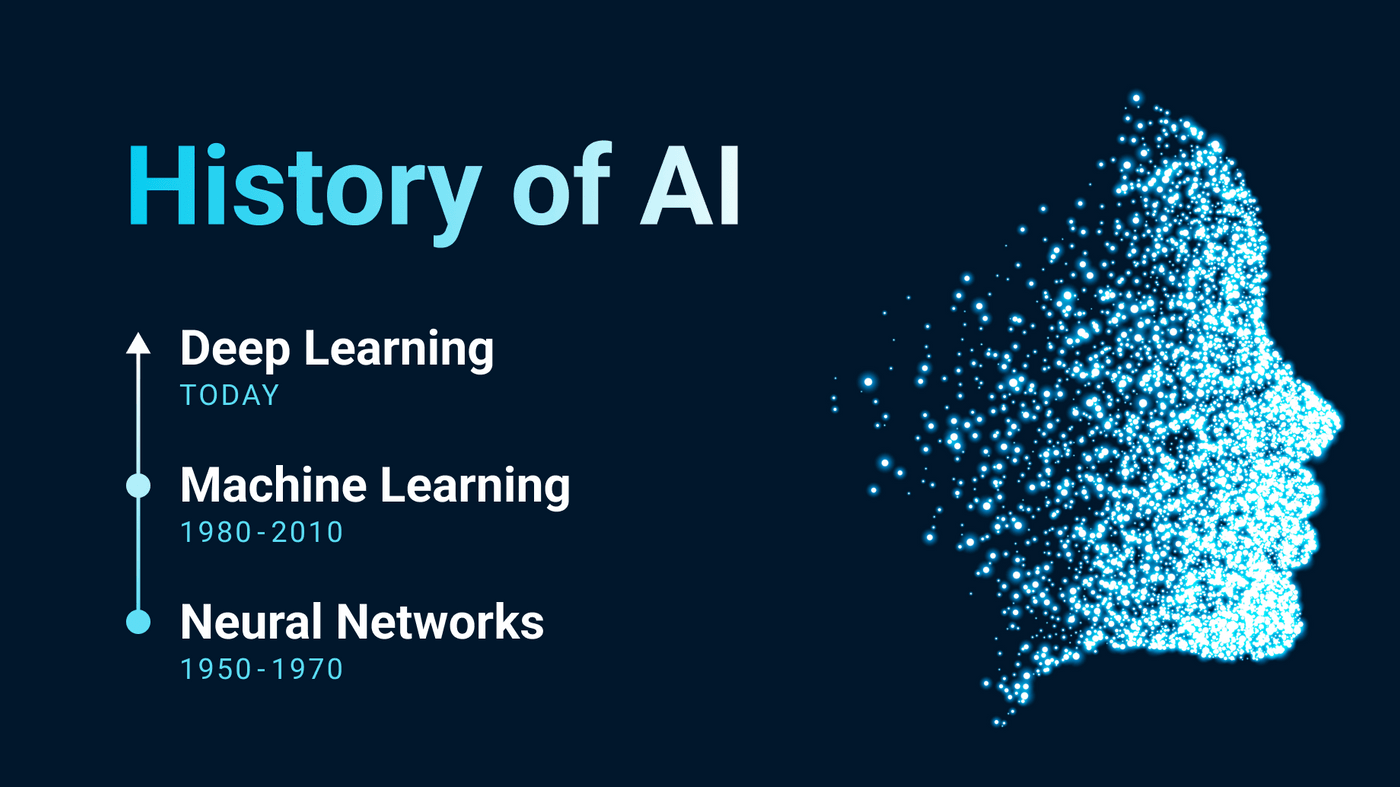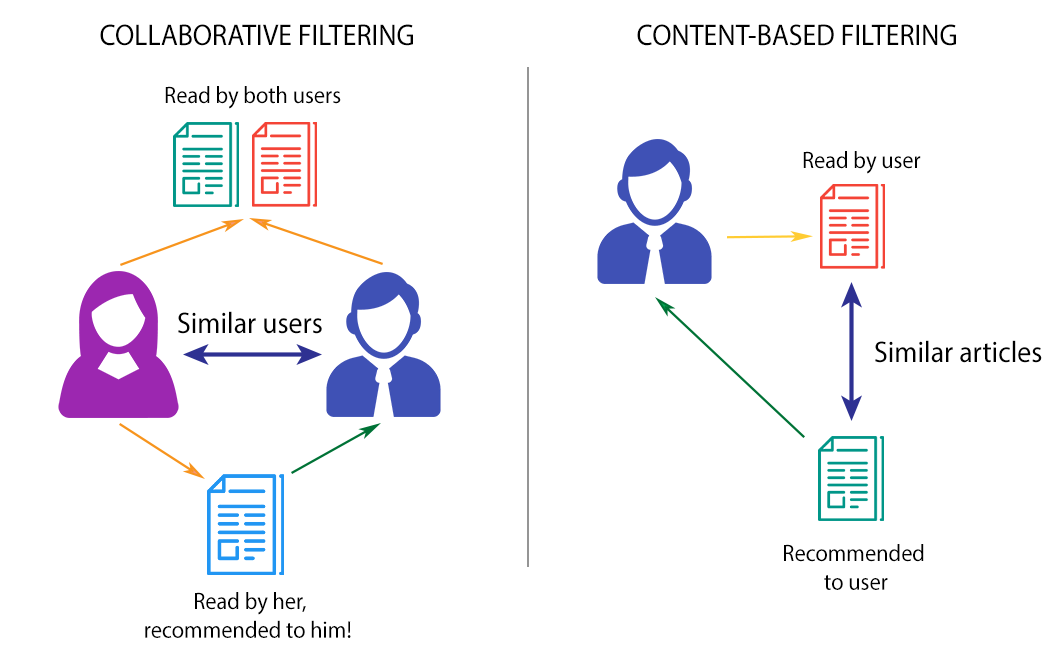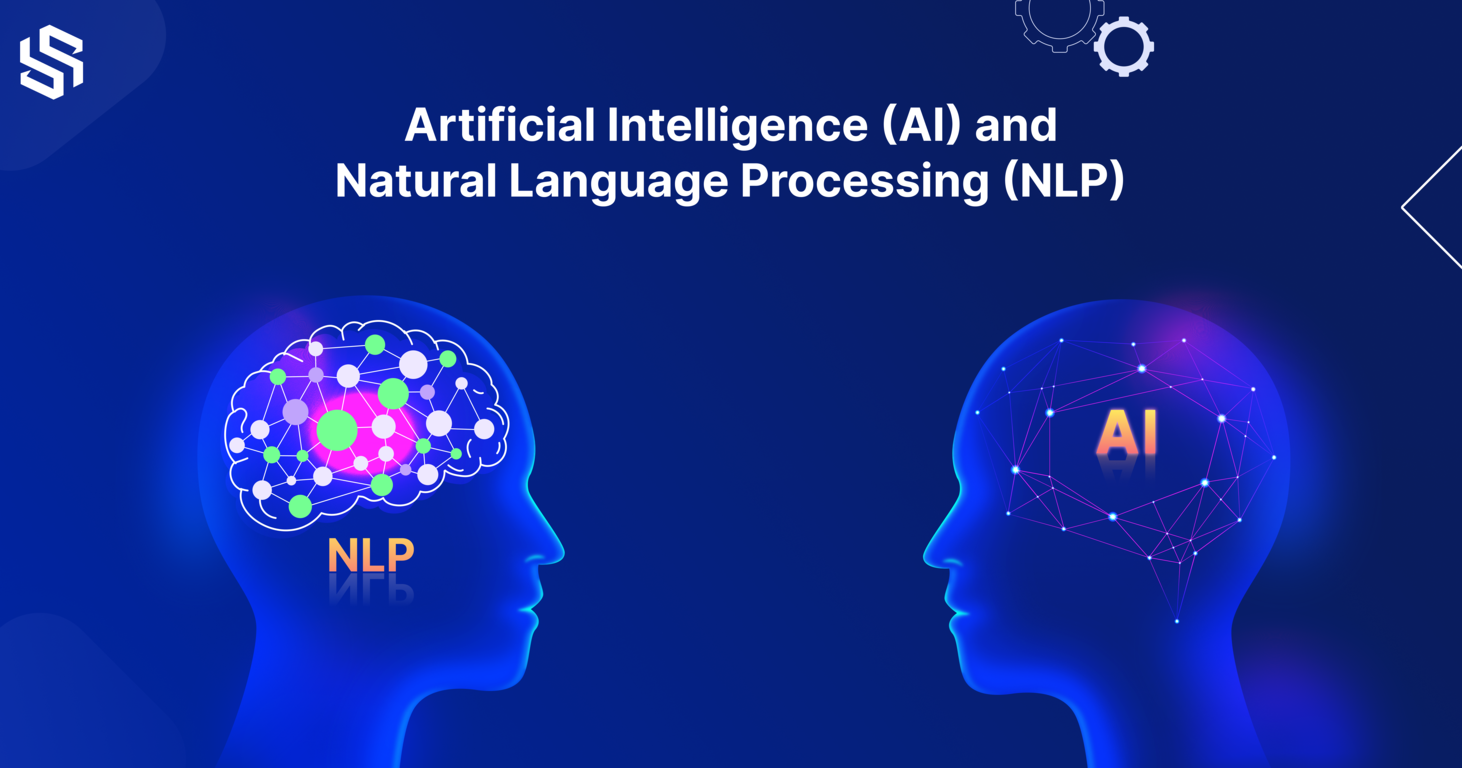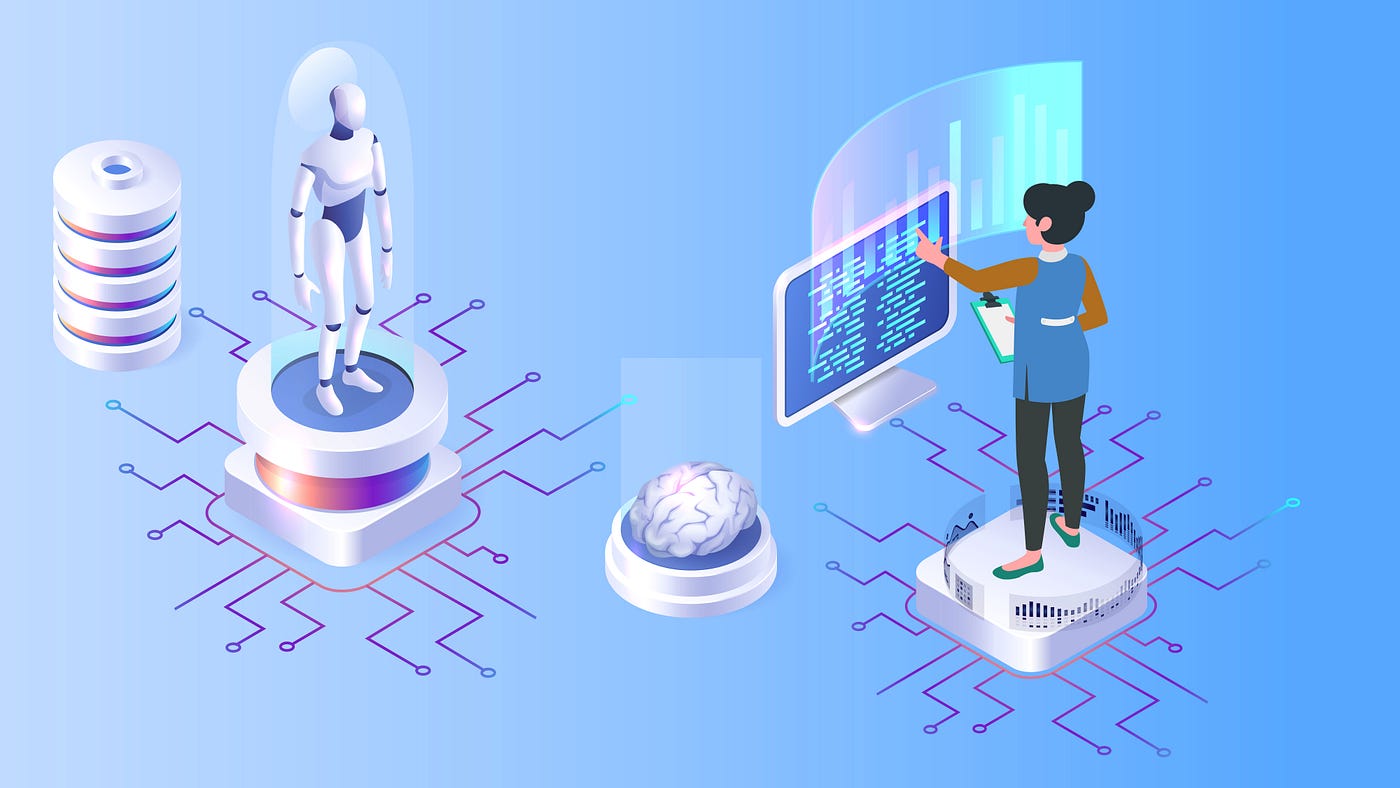A Deep Dive into the Accelerating Advancements of AI Technology
Introduction:
Artificial Intelligence (AI) has emerged as one of the most transformative and rapidly evolving fields in technology. Over the past few decades, we have witnessed significant advancements in AI, from rule-based systems to machine learning, and now, the era of deep learning. As we stand on the cusp of a new era, it is crucial to explore the potential trajectories of AI technology in the upcoming days.
I. The Evolution of AI: From Narrow to General Intelligence
AI has come a long way from its early days of rule-based systems that could perform specific tasks to the more recent breakthroughs in machine learning and deep learning. Machine learning algorithms, especially neural networks, have enabled AI systems to learn from data and make predictions or decisions without explicit programming. The next frontier in AI is achieving general intelligence, where machines can understand, learn, and apply knowledge across a wide range of tasks.
A. Deep Learning and Neural Networks:
Deep learning, a subset of machine learning, has been a game-changer in AI development. Neural networks, inspired by the human brain's structure, have shown remarkable success in image recognition, natural language processing, and even playing complex games. The deepening of neural networks has led to increased accuracy and efficiency in solving intricate problems, paving the way for advancements in various fields.
B. Transfer Learning and Pre-trained Models:
Transfer learning, a technique where models trained on one task are repurposed for another, has gained prominence. Pre-trained models, such as OpenAI's GPT-3, have demonstrated the ability to generate human-like text and perform language-related tasks with astonishing proficiency. This approach accelerates AI development by allowing models to leverage knowledge gained from one domain to excel in another, reducing the need for massive amounts of labeled data.
II. AI in Everyday Life: Enhancing User Experience
A. Personalized Recommendations:
One of the noticeable impacts of AI in our daily lives is personalized recommendations. Whether it's streaming services suggesting movies or e-commerce platforms recommending products, AI algorithms analyze user behavior and preferences to offer tailored suggestions. This not only enhances user experience but also drives engagement and boosts business revenue.
B. Virtual Assistants and Natural Language Processing:
Virtual assistants, powered by natural language processing (NLP) algorithms, have become ubiquitous. The ability to understand and respond to human language has led to the development of intelligent virtual assistants like Siri, Alexa, and Google Assistant. As AI systems continue to refine their language understanding capabilities, interactions with these virtual assistants will become more seamless and natural.
III. AI in Healthcare: Revolutionizing Diagnosis and Treatment
A. Medical Imaging and Diagnosis:
AI is making significant strides in the field of healthcare, particularly in medical imaging and diagnostics. Advanced algorithms can analyze medical images, such as X-rays and MRIs, with incredible accuracy. This not only expedites the diagnostic process but also assists healthcare professionals in identifying potential issues at an early stage, improving patient outcomes.
B. Drug Discovery and Personalized Medicine:
The pharmaceutical industry is witnessing a revolution driven by AI. Machine learning models are being employed to analyze vast datasets and identify potential drug candidates more efficiently. Additionally, AI plays a crucial role in personalized medicine, tailoring treatment plans based on individual patient data, genetics, and responses to specific therapies.
IV. Ethical Considerations and Responsible AI Development
As AI technology advances, ethical considerations become paramount. Issues such as bias in algorithms, the potential for job displacement due to automation, and the ethical use of AI in various applications must be addressed. Developers and policymakers are increasingly focusing on creating guidelines and regulations to ensure responsible AI development and deployment.
A. Addressing Bias in AI:
Bias in AI algorithms has been a concern, as models trained on biased datasets can perpetuate and even exacerbate existing societal biases. Efforts are being made to develop algorithms that are more transparent, fair, and accountable. The AI community is actively working on mitigating bias through better data collection, diverse training datasets, and ongoing evaluation of model outputs.
B. Transparency and Explainability:
The 'black box' nature of some AI models has raised concerns about their decision-making processes. As AI systems become more complex, efforts are underway to enhance transparency and explainability. Explainable AI (XAI) is a burgeoning field that aims to make AI systems more understandable for both developers and end-users, fostering trust in the technology.
V. The Future of AI: Quantum Computing, Swarm Intelligence, and Beyond
A. Quantum Computing:
The advent of quantum computing holds the potential to revolutionize AI. Quantum computers, with their ability to process vast amounts of data simultaneously, could exponentially accelerate AI training and enable the development of more powerful models. Quantum machine learning is an emerging field that explores the intersection of quantum computing and AI, promising breakthroughs in solving complex problems.
B. Swarm Intelligence:
Inspired by the collective behavior of social insects, swarm intelligence involves coordinating multiple agents to solve problems collectively. In the context of AI, this concept is being explored to create distributed systems where individual AI entities collaborate to achieve a common goal. Swarm intelligence has applications in optimization, robotics, and other domains where decentralized decision-making is beneficial.
VI. Challenges and Considerations for the Future
Despite the promising advancements, the future of AI is not without challenges. As AI systems become more sophisticated, concerns about job displacement, ethical dilemmas, and the potential misuse of technology grow. Striking a balance between technological progress and ethical considerations will be crucial in shaping a future where AI benefits society as a whole.
A. Job Displacement and Reskilling:
The automation of certain tasks through AI has led to concerns about job displacement. While some routine and repetitive jobs may be automated, AI also creates new opportunities and demands for skills in developing, maintaining, and overseeing AI systems. Reskilling and upskilling initiatives will be vital to ensure the workforce is prepared for the evolving job landscape.
B. Security and Privacy:
The increasing integration of AI into various aspects of our lives raises concerns about data security and privacy. As AI systems rely on vast amounts of data for training and decision-making, safeguarding this data against breaches and unauthorized access is imperative. The development of robust security measures and privacy regulations will be essential to address these concerns.
Conclusion:
The trajectory of AI technology in the upcoming days is poised for unprecedented growth and innovation. From enhancing everyday experiences to revolutionizing industries such as healthcare and finance, AI is becoming an integral part of our lives. As we move forward, it is crucial to navigate the ethical and societal implications, ensuring that AI development remains responsible, transparent, and aligned with human values. The future of AI holds immense potential, and its continued evolution will undoubtedly shape the way we live, work, and interact with technology in the years to come.













